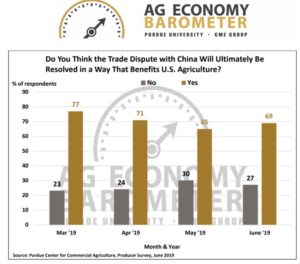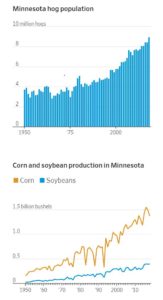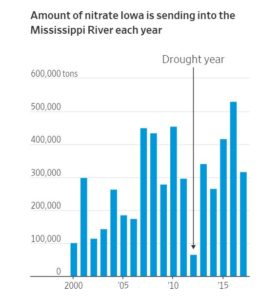The elderly: a target group for marketing functional foods
“In a way, it wouldn’t take much marketing to target this group.”
That’s me, they are talking about.
As a senior citizen, I am deluged with scam requests to fix my Apple computer (I don’t have one), unblock my Social Security checks (they are fine), and deal with my failure to pay appropriate taxes (I do).
Now I’m the target of sellers of functional foods? Apparently so, says this video.
Functional foods, please recall, are those formulated with added nutrients or other components said to improve health in some way. You can think of them as dietary supplements added to foods.
Like dietary supplements, functional foods don’t have much evidence backing up their health benefits, particularly because they are largely consumed by people who are already healthy.
Do they do anything beneficial for the elderly? Show me the evidence, please (and make sure the studies you show me were not funded by the makers of the products that are supposedly beneficial).
The purpose of functional foods? Marketing, as all of this makes clear.
VIDEO: How to target the ageing consumer: Despite seniors showing a strong interest in functional food and supplements, the number of products launched with senior claims in Europe does not reflect the population which means brands are missing out on a huge market, says Mintel. Read more




